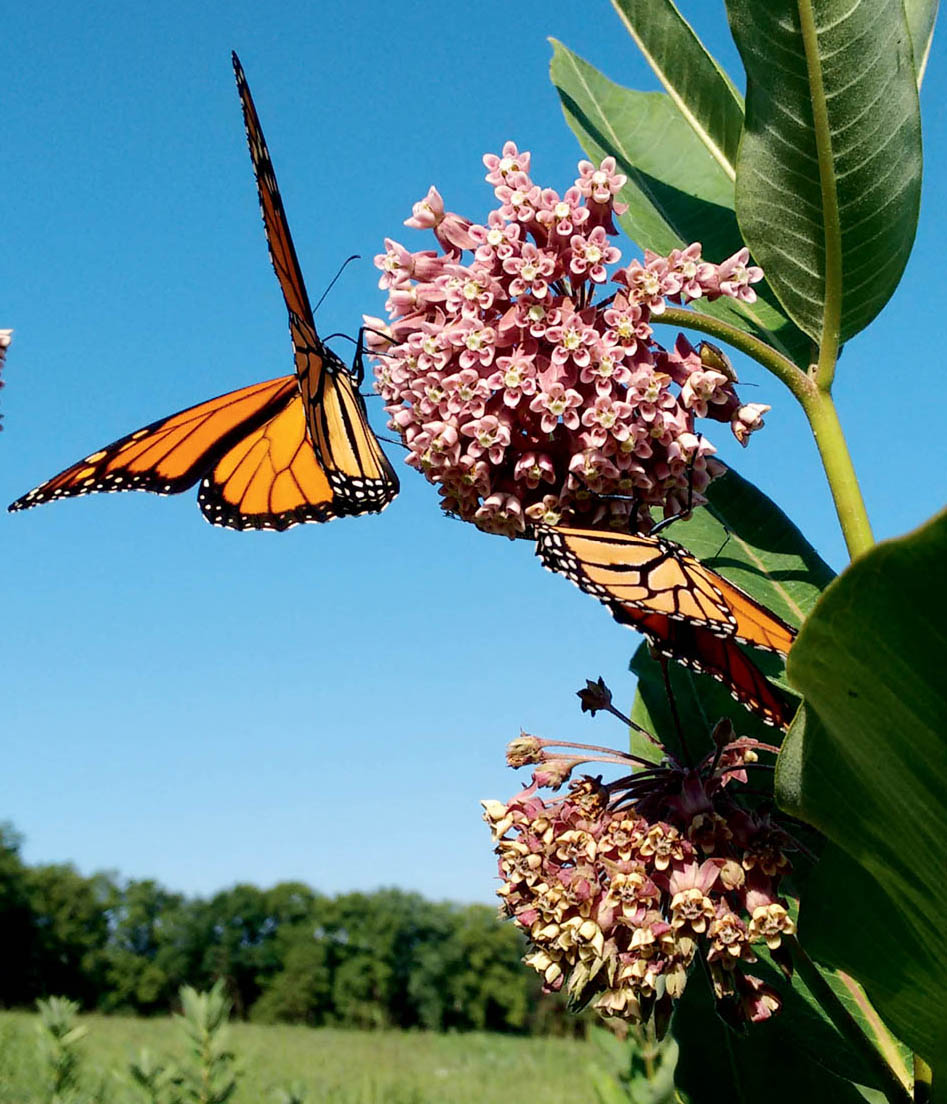
Make your garden a safe haven for pollinators by avoiding pesticide use. Insecticides, including those used to control garden pests, tend to be broadly toxic to pollinators as well as to pests, and even some organic insecticides can pose a risk.
Pollinators are exposed to insecticides in gardens through direct contact with spray and residues on flowers or ingestion of insecticide residues present in pollen, nectar, or water. Pollinators can be killed outright by insecticidal exposure, but smaller, nonlethal doses can also be problematic. These lower doses can impair pollinators, altering their behavior, movement, growth, reproduction, and immune response to parasites and pathogens. Insecticide exposure can reduce pollinator populations quickly, and recovery to preexposure levels can require years.
Some plants for purchase at nurseries or home improvement stores have been treated with neonicotinoid insecticides during the production process. Neonicotinoids, a group of systemic chemicals, are long lasting in soil and within plants, and can be present in pollen and nectar of the flowers of treated plants long after you bring them home from the store. Even in small doses, neonicotinoids are harmful to pollinators.
You can prevent problems through careful garden management.

| ICON KEY | ||||

|
 |
 |
 |
 |
|
Honey Bee |
Native Bee |
Hummingbird |
Butterfly |
Moth |